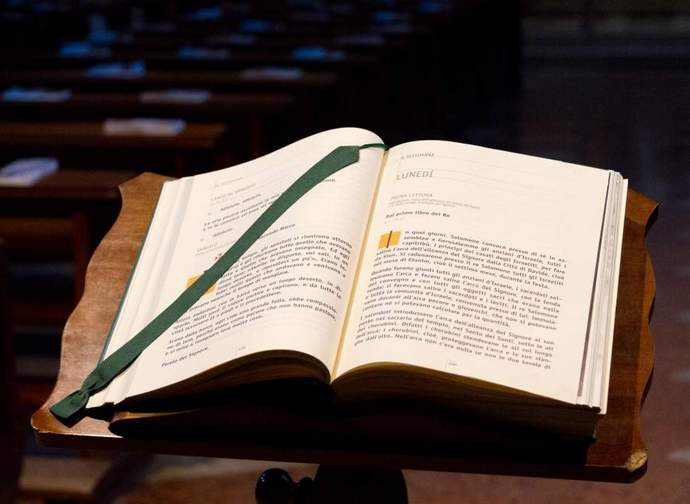How we forgive our debtors
Take your bill and make it eight hundred. (Luke 16: 7)

Jesus told his disciples: “There was a rich man whose manager was accused of wasting his possessions. So he called him in and asked him, ‘What is this I hear about you? Give an account of your management, because you cannot be manager any longer.’ “The manager said to himself, ‘What shall I do now? My master is taking away my job. I’m not strong enough to dig, and I’m ashamed to beg— I know what I’ll do so that, when I lose my job here, people will welcome me into their houses.’ “So he called in each one of his master’s debtors. He asked the first, ‘How much do you owe my master?’ “‘Nine hundred gallons of olive oil,’ he replied. “The manager told him, ‘Take your bill, sit down quickly, and make it four hundred and fifty.’ “Then he asked the second, ‘And how much do you owe?’ “‘A thousand bushels of wheat,’ he replied. “He told him, ‘Take your bill and make it eight hundred.’ “The master commended the dishonest manager because he had acted shrewdly. For the people of this world are more shrewd in dealing with their own kind than are the people of the light. (Luke 16: 1-8)
Divine wisdom says our sins will be forgiven as we forgive those who are our debtors. The unfaithful manager of Jesus’s parable is given as an example to us because we all have nothing of our own that we can carry beyond the threshold of death, except the weight of our individual sins. Hence, it is prudent and wise to forgive, during this earthly life, the debts that others owe us, so as to bring them closer to receiving God’s mercy.




